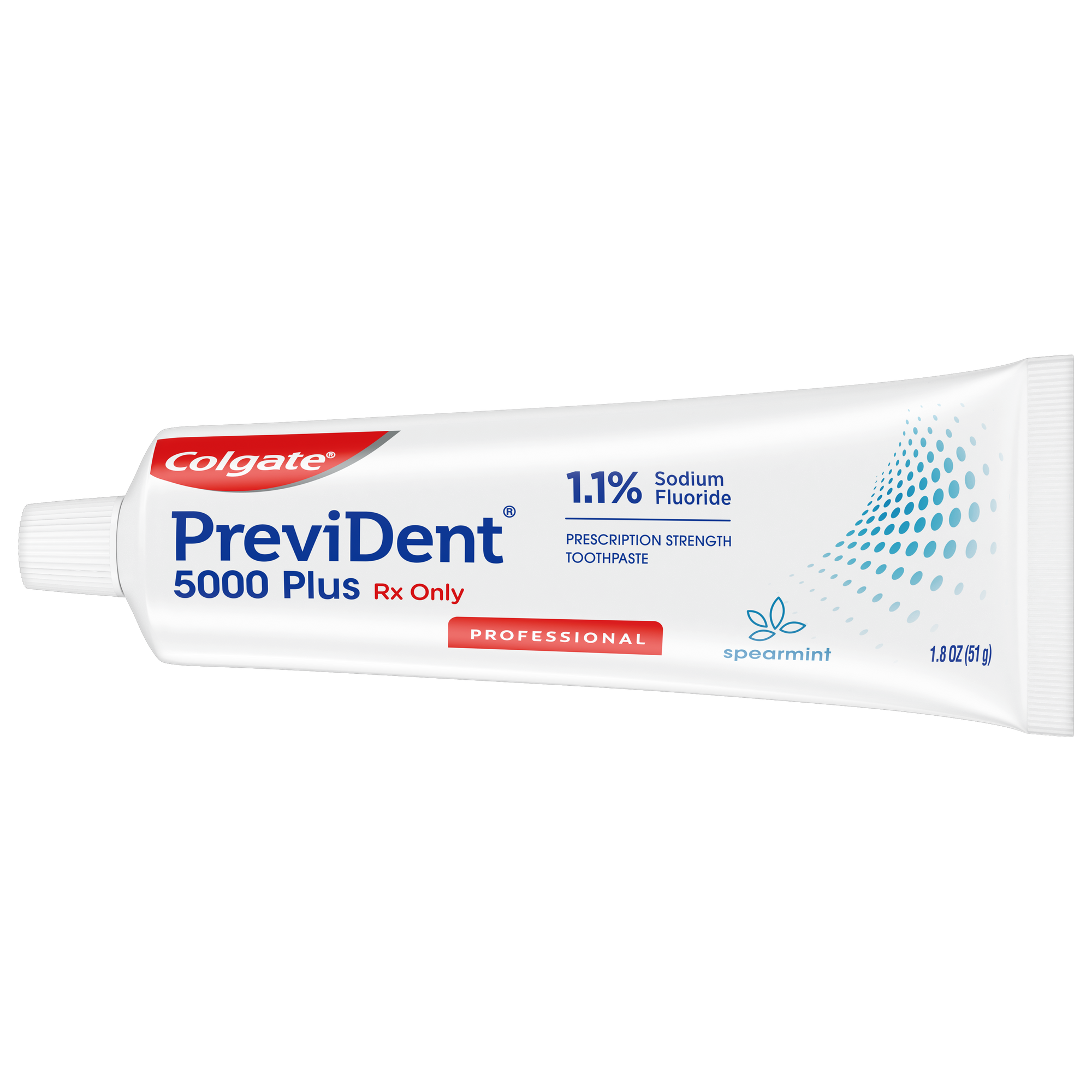Learn if you're at risk for dry mouth. Plus, be aware of common symptoms and how dry mouth affects your oral health. If you have dry mouth, we'll give you some ways to manage your symptoms and let you know about some beneficial products.
Dry Mouth: Risk Factors and Symptoms
Clinically known as xerostomia, dry mouth results when your salivary glands stop producing the necessary amount of saliva.
You're at risk for xerostomia if you:
- Take certain over-the-counter or prescription medications that dry out your mouth.
- Undergo cancer treatment therapies.
- Experience such health problems as diabetes, certain neurological disorders, or some autoimmune diseases, like Sjögren's syndrome.
- Smoke, drink alcohol, or use recreational drugs to excess.
With dry mouth, you might experience these symptoms:
- Uncomfortably dry or parched sensation in your mouth
- Increased thirst (often in the middle of the night)
- Difficulty chewing, swallowing, and talking
- Sore or hoarse throat
- Cracked lips
- Sores inside your mouth
- Thick, stringy saliva
- Dry tongue
- Change in your sense of taste
- Bad breath
- Plaque buildup leading to tooth decay and gum disease
- Tooth decay resulting from weakened tooth enamel
Check with your dental professional if you experience these symptoms before they develop into more serious oral health problems. They care, and they can definitely help you.
In the meantime, try these measures to hydrate your mouth or stimulate your saliva:
- Drink sips of water throughout the day.
- Chew sugarless gum or suck on sugar-free candy.
- Humidify your home (and workspace) with a vaporizing humidifier or shower steam.
- Ask your doctor about medications that won't dry out your mouth.
- Avoid cigarettes, alcohol, caffeine, and acidic, salty, and dry foods.
Dry Mouth Oral Health Complications
In a movie about your mouth, saliva would be a superhero as it:
- Cleans up your mouth by constantly washing away bacteria and food particles
- Neutralizes the villainous acids bacteria and food produce
- Restores weakened tooth enamel
So, when this natural defender of your mouth is sidelined, plaque and bacteria can accumulate along your gumline quickly. This leads to other oral health villains (or complications) like cavities and gum disease.
Plus, plaque and bacteria can build up around prosthetic teeth. One potential complication is peri-implantitis, which infects and inflames the gums around your dental implants.
Fortunately, dry mouth products are available to help defend against oral health complications when saliva's powers are weakened.
Products to Help Relieve Dry Mouth Complications
By using these equally heroic dry mouth treatment products during your daily oral hygiene routine, you'll help manage xerostomia complications.
Fluoride Toothpaste
To help lower the risk of tooth decay that accompanies dry mouth, it's important to use a toothpaste containing fluoride.
Why is fluoride so important?
- Fluoride hardens the enamel covering the outside of your teeth, which helps prevent cavities from forming. Strong enamel ultimately keeps the calcium and phosphorous within your enamel from dissolving – which happens when acids form after eating or drinking.
- Fluoride can even add more calcium and phosphorous to your enamel to keep it strong.
Soft-Bristled Toothbrushes
Because dry mouth can lead to oral discomfort and mouth sores within the soft tissue, use a toothbrush that won't aggravate your condition. Softer, more gentle bristles allow you to clean your teeth and gums without causing pain to your already irritated tissues.
Additionally, consider soft-bristled toothbrushes with these features:
- Small heads better reach all teeth, including your back molars.
- Slim bristles better clean the spaces between your teeth and gums.
Plus, brush up on other ways to help in your fight to prevent bacteria and plaque buildup:
- Try an interdental brush for difficult-to-reach areas of your mouth.
- Replace your toothbrush every three months. Wear and tear on brushes make them less effective.
- While brushing your teeth, give your tongue a swipe with your toothbrush to remove bacteria lurking there.
Alcohol-Free, Antibacterial Mouthwash or Mouthrinse
Since alcohol can increase oral dryness, it's best to avoid it. Alcohol-free products with active antibacterial ingredients effectively kill germs and reduce plaque. And rinsing your mouth daily is easy to work into your oral health routine.
While you're at it, pick up an alcohol-free, antibacterial fluoridated wash or rinse.
Water Flossers
If traditional flossing irritates your mouth as a result of the dryness, get some relief from a product that does double duty:
- Hydrates your mouth (Ah!)
- Flushes out particles between your teeth and around your gumline
Mouth Moisturizers
Just as you moisturize your face, you can apply a product to the inside of your mouth that relieves the dryness. Available as liquid alcohol-free rinses, sprays, and gels, these moisturizers are sometimes called saliva substitutes. The Academy of Oral Medicine notes that even though these moisturizers are missing all the beneficial qualities of actual saliva, they can offer you temporary relief.
Routinely using toothpaste, brushes, rinses, and flossers daily will go a long way to prevent oral health conditions brought on by dry mouth. But just as importantly, routine dental visits are a must. Your dental professionals can remove any plaque that sneaks in and catch any other villainous problems caused by dry mouth. With your best daily oral routine and your dental provider's expertise, your mouth's story should have a happy ending!
This article is intended to promote understanding of and knowledge about general oral health topics. It is not intended to be a substitute for professional advice, diagnosis or treatment. Always seek the advice of your dentist or other qualified healthcare provider with any questions you may have regarding a medical condition or treatment.
ORAL HEALTH QUIZ
What's behind your smile?
Take our Oral Health assessment to get the most from your oral care routine
ORAL HEALTH QUIZ
What's behind your smile?
Take our Oral Health assessment to get the most from your oral care routine







.jpeg)







